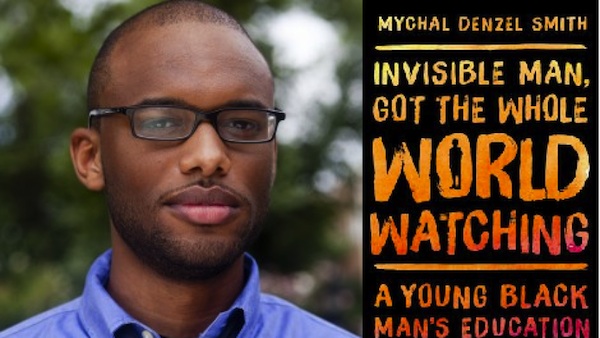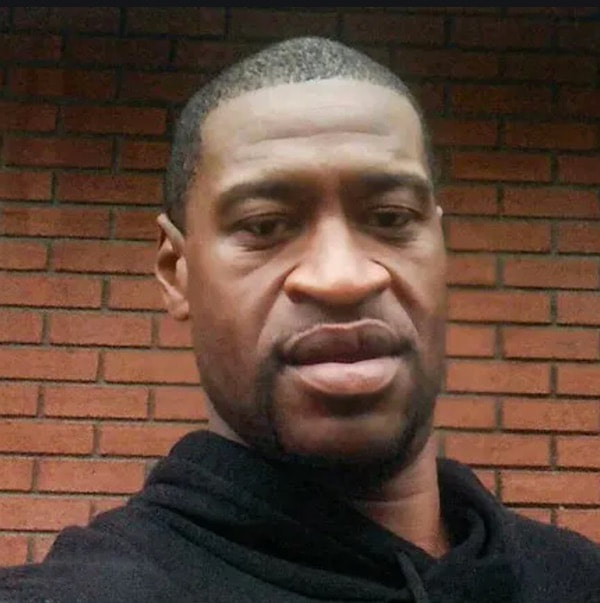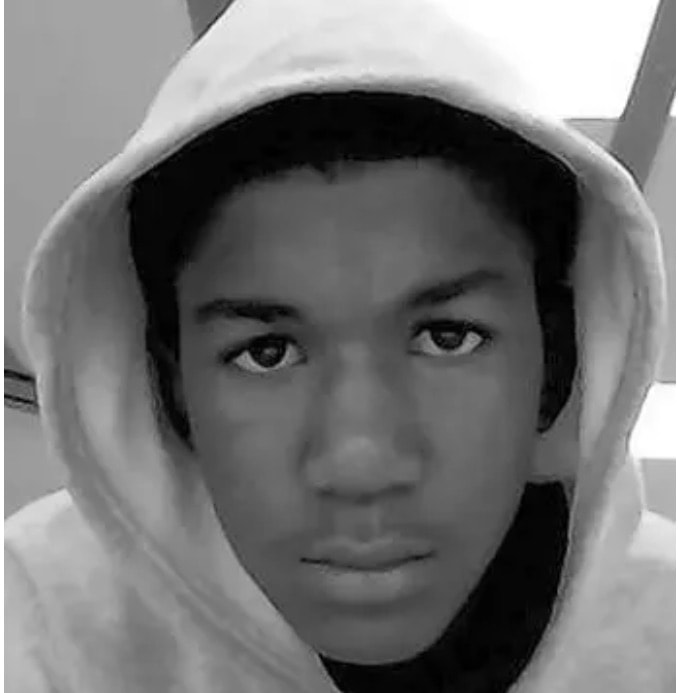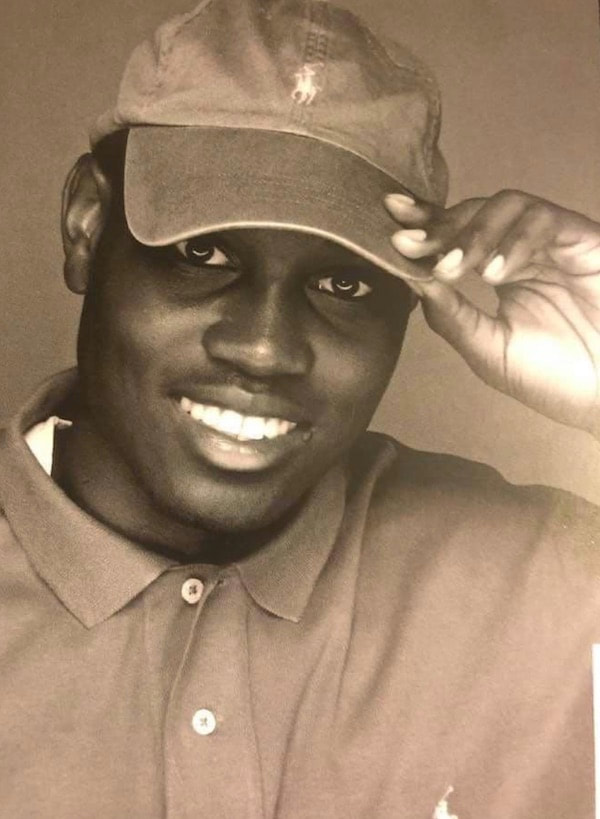|
To Be Young, Gifted & Black in the Era of Obama (and Trayvon Martin)
Michael Denzel Smith’s brave and passionate book, “Invisible Man, Got the Whole World Watching” was released in 2016 and so too was the original posting of this review. It was obviously prior to the recent deaths of Ahmaud Arbery - gunned down by two racist white men while jogging in a residential neighborhood near Brunswik, Georgia, and George Floyd- killed by two white officers in Minneapolis- but in light of these incidents, I encourage readers, writers and activists to scrutinize his still relevant work. Go along with Smith’s political and cultural journey of what it’s like to be a young black man in the era of Obama juxtaposed with the death of Trayvon Martin. With hardly a week going by in between news of another black man being killed by a white man or police officers, there could not be a more timely and topical book then this. Mychal Denzel Smith, contributing writer for the Nation magazine pens his first book with Invisible Man, Got the Whole World Watching: A Young Black Man’s Education. In it, Smith uses his own life to chronicle what it’s like to be a young black man growing up in the era of post 9-11 and Barak Obama juxtaposed against the deaths of Oscar Grant, Trayvon Martin, Michael Brown and more. It also denotes a time when celebrities such as LeBron James, Dave Chappelle and Kanye West (remember, “George Bush hates black people”?) asserted themselves in small, yet powerful social and/or political ways. Maybe for many of his contemporaries all of these characters and situations came and went without particular notice, just part of their youth, their world, but for Smith they loomed large in his consciousness. “Then George Zimmerman killed Trayvon Martin. I looked at the face of the boy who became a symbol and wanted more. I wanted more for him than the choice between martyr and token. I wanted more for him than eulogies and praise songs. I wanted for him, for all the Trayvons in waiting, a world where they didn’t have to grow up broken or not grow up at all. I looked at my own life and asked how I made it to twenty-five. I asked who influenced me to think the way I did … I asked myself: How did you learn to be a black man?” Smith gives a glimpse into his background of being born to somewhat straight laced, professional parents who wanted him to be like Barak Obama. They wanted him to pursue academia, maybe law, but definitely to excel without ruffling feathers along the way. He fast forwards to the college years. In some ways, once he got to college, he couldn’t have been more different than what his parents expected. He devoured rap and was influence by what he read of black radicals from the past, such as Huey Newton and Malcolm X. During his early college life, Obama was too status quo, too safe for his taste. Smith stayed with academia but favored journalism and activism over law or medicine. Over the years, he also broaden his political views. During college and post graduate years, he began recognizing Obama’s brilliance and relevance. During a recent talk, Smith answered a question of mine regarding Obama’s impact on his youth. He started off his answer by acknowledging that whatever one thinks of Obama’s politics, his blackness or lack of promoting his blackness, “Obama is not the elephant in the room, he is the room!” Eventually Smith even went beyond his male dominated sphere of influence, and learned to appreciate the contributions of prominent black women on his life views. “Everything I read, listened to and learned validated my right to existence as a black man in America, but only within the confines of a patriarchal definition of masculine identity. What went unquestioned were the ways my newfound sense of black manhood contributed to the ongoing marginalization of my mother, my grandmother, my high school guidance counselor and more than half the student population of Hampton University’s campus. I began to see myself, but only by refusing to see black women.” Although he deftly tackles intense important issues, tragic events and his own deep thoughts, Smith manages to make his book an engaging, easy read. He often interjects humor and elicits a chuckle from the reader. Rather you are smiling or cringing while reading Invisible Man Got the Whole World Watching, you can’t help but notice and appreciate what a truly unique time he and his peers have come of age. He asks the important questions. They don’t all get answered, but you get the sense it’s the asking and watching that matters most.
0 Comments
Leave a Reply. |
Archives
January 2024
Categories |




 RSS Feed
RSS Feed